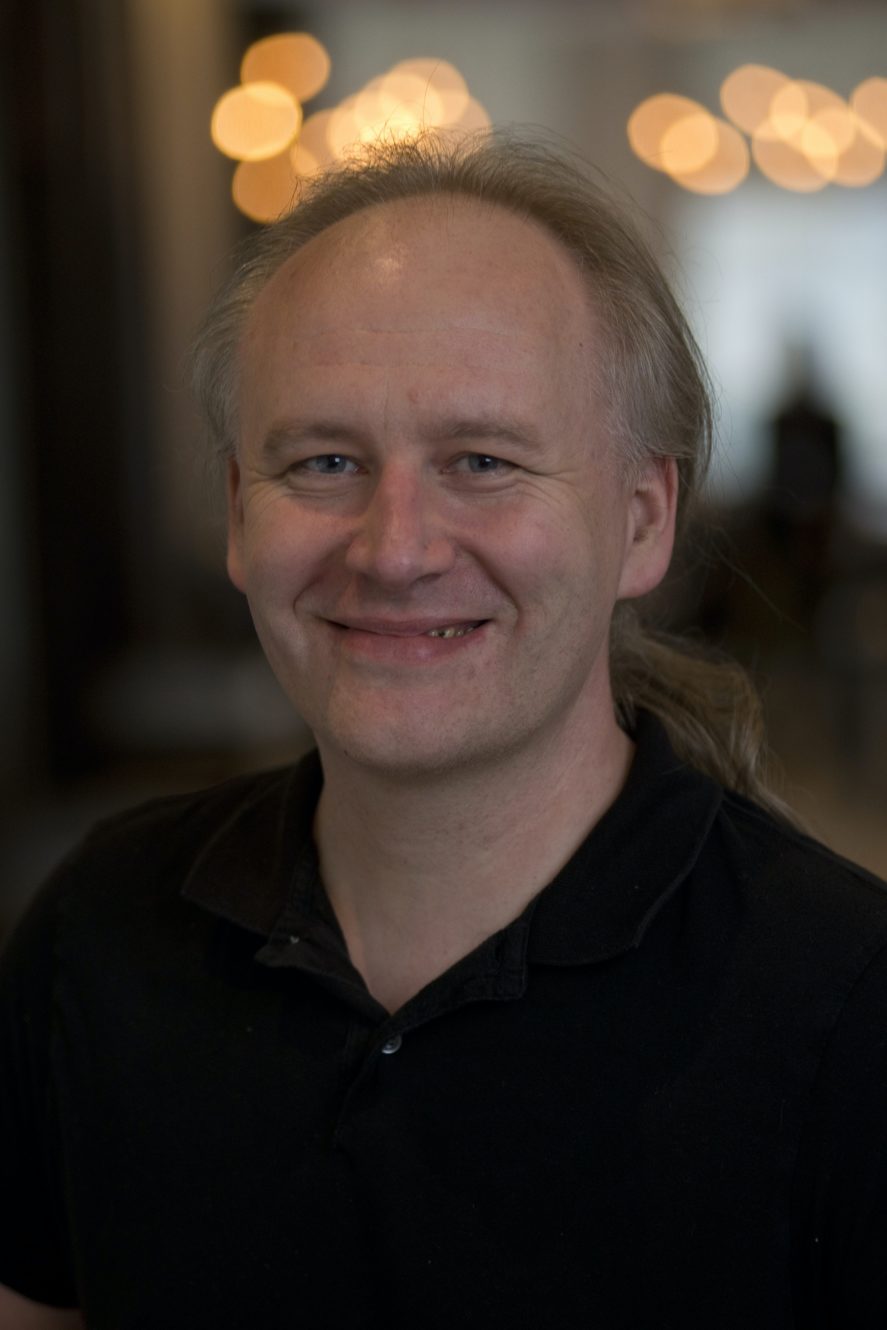Piotr Indyk
Professor, Department of Electrical Engineering and Computer Science

Who they work with
Categories
Piotr Indyk is the Thomas D. and Virginia W. Cabot Professor in MIT’s Department of Electrical Engineering and Computer Science. Indyk is also an investigator at the Computer Science and Artificial Intelligence Lab, and a member of the Theory of Computation Group, Wireless@MIT, Big Data@CSAIL, and MIT Institute for Foundations of Data Science. His research interests include high-dimensional computational geometry, including approximate nearest neighbor search, data stream algorithms, sparse recovery, compressive sensing, and machine learning. Indyk earned a degree from Uniwersytet Warszawski, and a PhD from Stanford University.
Selected Publications
- Indyk, P., & Xu, H. (2023). Worst-case performance of popular approximate nearest neighbor search implementations: Guarantees and limitations. 37th Conference on Neural Information Processing Systems (NeurIPS). https://doi.org/10.48550/arxiv.2310.19126
- Aamand, A., Andoni, A., Chen, J. Y., Indyk, P., Narayanan, S., & Silwal, S. (2023). Data structures for density estimation. Proceedings of the 40th International Conference on Machine Learning (ICML). https://doi.org/10.48550/arxiv.2306.11312
- Li, T., Fan, L., Yuan, Y., He, H., Tian, Y., Feris, R., Indyk, P., & Katabi, D. (2023). Addressing feature suppression in unsupervised visual representations. IEEE/CVF Winter Conference on Applications of Computer Vision (WACV). https://doi.org/10.1109/wacv56688.2023.00146
Media
- April 3, 2019: MIT News, Machine learning moves popular data elements into a bucket of their own.
- Apr 1, 2019: Forbes, Solving ‘The Britney Spears Problem’: Why Finding Trends In Data Is Such A Challenge.
- September 13, 2018: EECS News, Piotr Indyk named to Thomas D. and Virginia W. Cabot Professorship.
- August 28, 2017: CSAIL News, Indyk receives NSF funding for new Institute for Foundations of Data Science.
- August 10, 2015: Boston Globe, For 40 years, computer scientists looked for a solution that doesn’t exist.